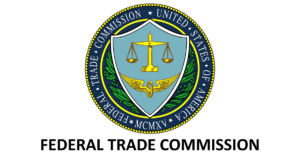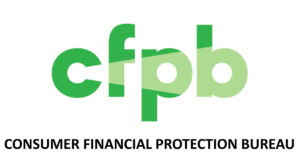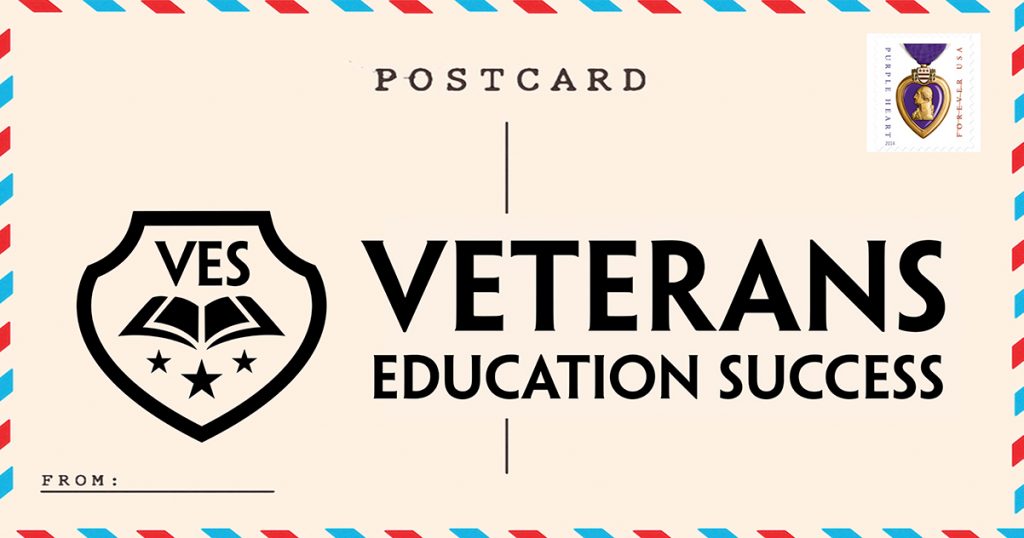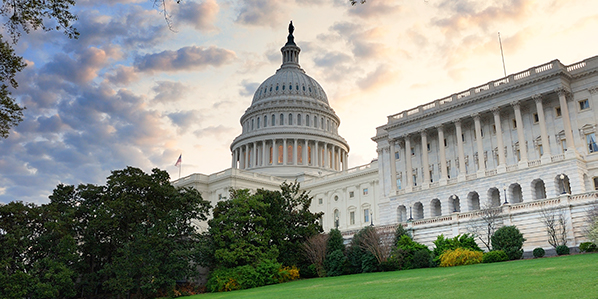We advocate for military-connected students by pressing federal agencies to do the right thing.
RULES FOR SCHOOLS
Below are some key federal agency rules for colleges – some of which we helped design.
OTHER AGENCY ACTIVITY
to Protect Students and Taxpayers
Veterans Education Success advocates for military-connected students before all federal agencies. Some examples of our work with other agencies are listed here:

Most of VES’ work with law enforcement agencies like the US Federal Trade Commission (FTC) is confidential. Here is what’s public:
Our Letters to FTC
FTC’s Crackdown on Fake Military Websites
VES brought to FTC’s attention fake military websites that pretended to be a place where Americans could join the Armed Forces, but never gave the information to the Armed Forces, instead selling patriotic Americans’ personal information to bad actor colleges that bombarded them with deceptive and aggressive recruiting. Some of the websites even wrongly promoted certain bad actor colleges as endorsed by the military.
- VES’ FOIA request to the US Federal Trade Commission requesting the names of colleges that participated in fake military websites (Nov. 28, 2018)
- 28 Veterans and Military Leaders, led by VES, ask US Federal Trade Commission to release the names of the schools that participated in fake military recruiting websites (Nov. 19, 2018)
- Veterans and Military Leaders, led by VES, ask US Congressional Armed Services Committees to ensure future military recruitment is not disrupted by fraudulent college lead generator companies (Nov. 20, 2018)
- Federal Trade Commission shuts down predatory fake military websites (Sept. 6, 2018)
- Army.Com, Air-Force.com, ArmyEnlist.com, NavyEnlist.com, AirForceEnlist.com, MarinesEnlist.com, NationalGuardEnlist.com, AirGuardEnlist.com, and CoastGuardEnlist.com
FTC’s Crackdown on “Military Friendly Schools”
VES brought to FTC’s attention the problem of a company’s “Military Friendly Schools” scheme, wherein it charged schools for the designation of “Military Friendly Schools” and also sent aggressive and deceptive e-mail solicitations to service-members and veterans on behalf of schools that paid.
- FTC: Announcement on Victory Media, G.I. Jobs, and Military Friendly (Oct. 19, 2017)
- VES Press Release: Veterans Education Success Hails FTC Action Against Fraudulent “Military-Friendly Schools” (Oct. 19, 2017)
- VES Research Report: Misleading Websites and “Lead Generators”: A Case Study: Victory Media’s “Military Friendly Schools” (Aug. 2016 | updated Feb. 2017)

VES works to make sure the Consumer Financial Protection Bureau is doing its job and protecting the military community from fraud, including strong enforcement of the Military Lending Act.
Our Letters to CFPB
Military Lending Act Under Attack
The US Consumer Financial Protection Bureau (CFPB) reportedly plans to curtail the enforcement of the Military Lending Act (see National Public Radio: White House Takes Aim at Financial Protections for Military and New York Times: Mulvaney Looks to Weaken Oversight of Military Lending). Veterans and military groups responded:
- Nearly 40 veterans and military service organizations call on the CFPB and US Defense Department to stop the rollback of servicemembers’ rights under the Military Lending Act (Aug. 23, 2018) (here)
- Resubmitted Sept. 5 with additional signatures (here)
- FULL PAGE NEWSPAPER AD nationwide (here)
- Sign the Citizens petition: KeepMilitaryProtections.Org
- Same letter borrowed submitted by a smaller, additional coalition (here)
- US Senators also write to US Defense Department (here)
- US Defense Department response (here)
Representatives from Veterans Education Success, Veterans of Foreign Wars, Iraq and Afghanistan Veterans of America, the American Legion, Military Officer Association of America, and the National Military Family Association announced their support for increasing protections for service members and their loved ones from predatory lenders through the Consumer Financial Protection Bureau during a joint press conference in May 2019.
Vets groups including @GIBillRights, @VFWHQ, @AmericanLegion, @VFWHQ, @MilitaryOfficer, @military_family talking about better enforcement of the military lending act. Concerns over rules changes which have meant more relaxed oversight. pic.twitter.com/etcDhoVav3
— Leo Shane III (@LeoShane) May 15, 2019
Yesterday veterans groups met with @CFPB Director Kathleen Kraninger & @CFPBMilitary to talk Military Lending Act, Payday rule, debt collection & other ways we can educate servicemembers, veterans, their families & survivors about their financial rights. pic.twitter.com/AkRsuP7MlU
— Veterans Education Success (@GIBillRights) April 12, 2019
After yesterday’s press conference @advocate_mike talks about what’s next for @CFPB, service members, and the Military Lending Act. pic.twitter.com/4d2mp3OOFQ
— Veterans Education Success (@GIBillRights) May 16, 2019
Great turnout, on a snowy day, of our partner #Veterans and #military service organizations to strategize legislation & exec branch action to improve #student and #consumer protections for veterans, #servicemembers, #militaryfamilies and survivors pic.twitter.com/HEPHCSuf2I
— Veterans Education Success (@GIBillRights) February 1, 2019
.@FTC Commissioner @chopraftc relates consumer protection for service members who “use social media at a much higher intensity than the general public” and the importance of identity protection and credit reporting. pic.twitter.com/Bn5Fz0zCtW
— Veterans Education Success (@GIBillRights) February 1, 2019
Thank you @GIBillRights for taking the lead in this effort and @FTC for taking action to shut down these sites and hold them accountable. https://t.co/jKo3xR5STe
— Jennifer Davis (@af_jjd) March 14, 2019
OUR ADVOCACY
See how we are working to advance higher education success, protecting the integrity and promise of the GI Bill.










